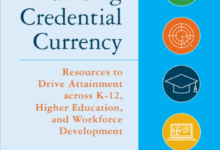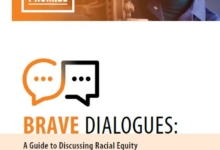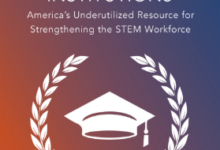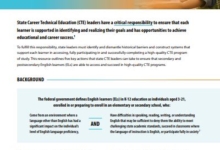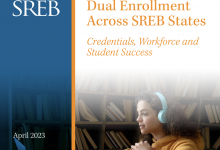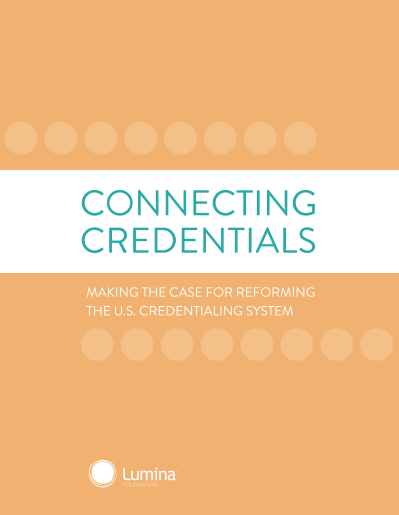As the need for postsecondary skills and knowledge becomes essential for economic stability, it is increasingly necessary to verify the value and quality of degrees and certifications. Credentials can help students navigate the higher education marketplace and signal skill attainment to potential employers – but identifying quality credentials can be a challenge. Further, many students lack clear pathways to obtaining credentials.
This paper from the Lumina Foundation envisions a credentialing system that is easily understandable, assures quality, is up to date, is interconnected and enables comparisons. The report also explores key actions that federal, state, education and research stakeholders are already taking to improve the quality and validity of credentials.

